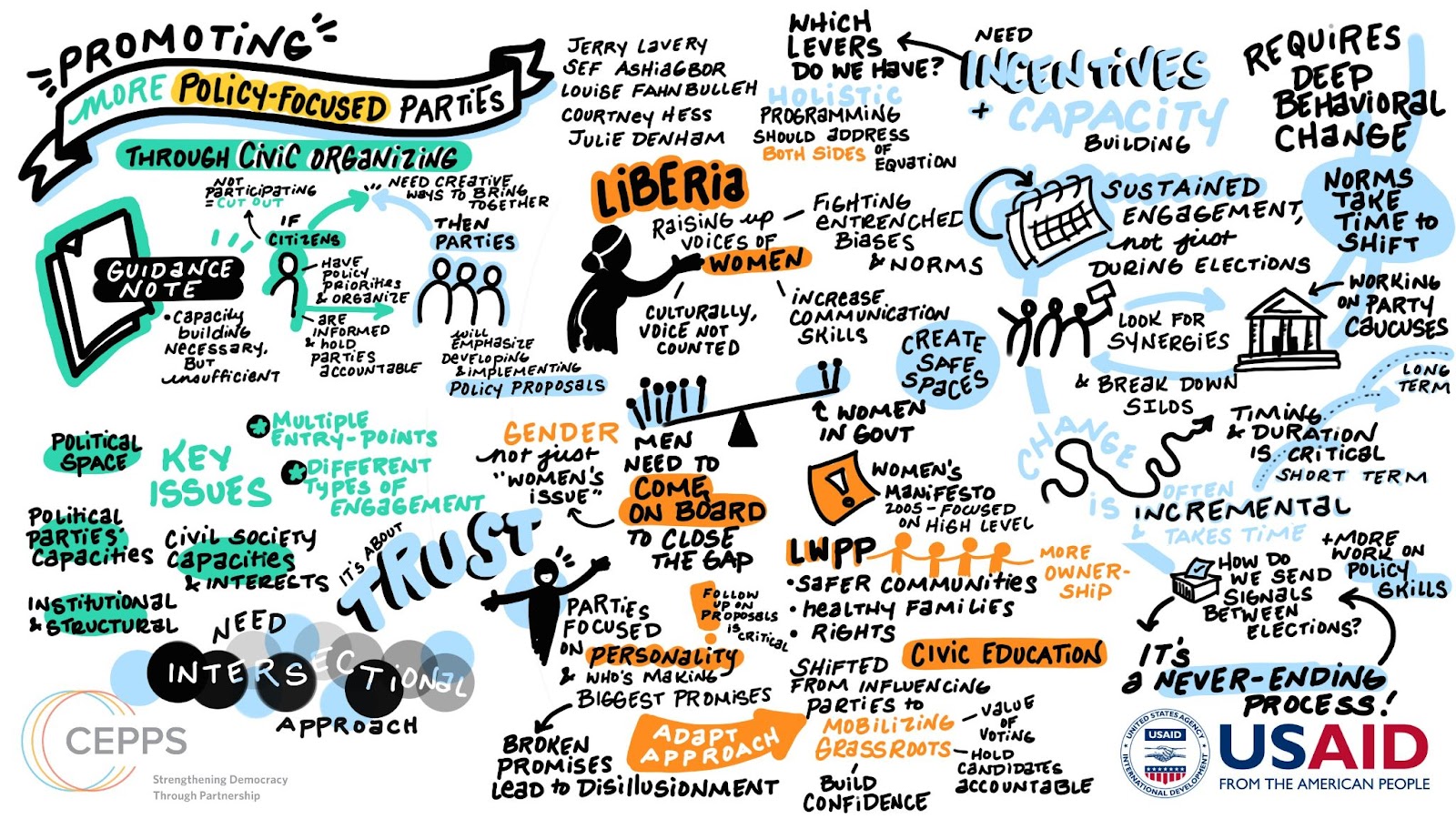The National Democratic Institute (NDI) conducted quantitative and qualitative public opinion research between March and June 2021 in Lebanon, that examined the legacy of the protest movement, how people feel about the government, political parties, and politicians, who citizens trust to represent their needs, and what people see as the best possibilities for reform.
The key findings and themes that emerged from the research are:
